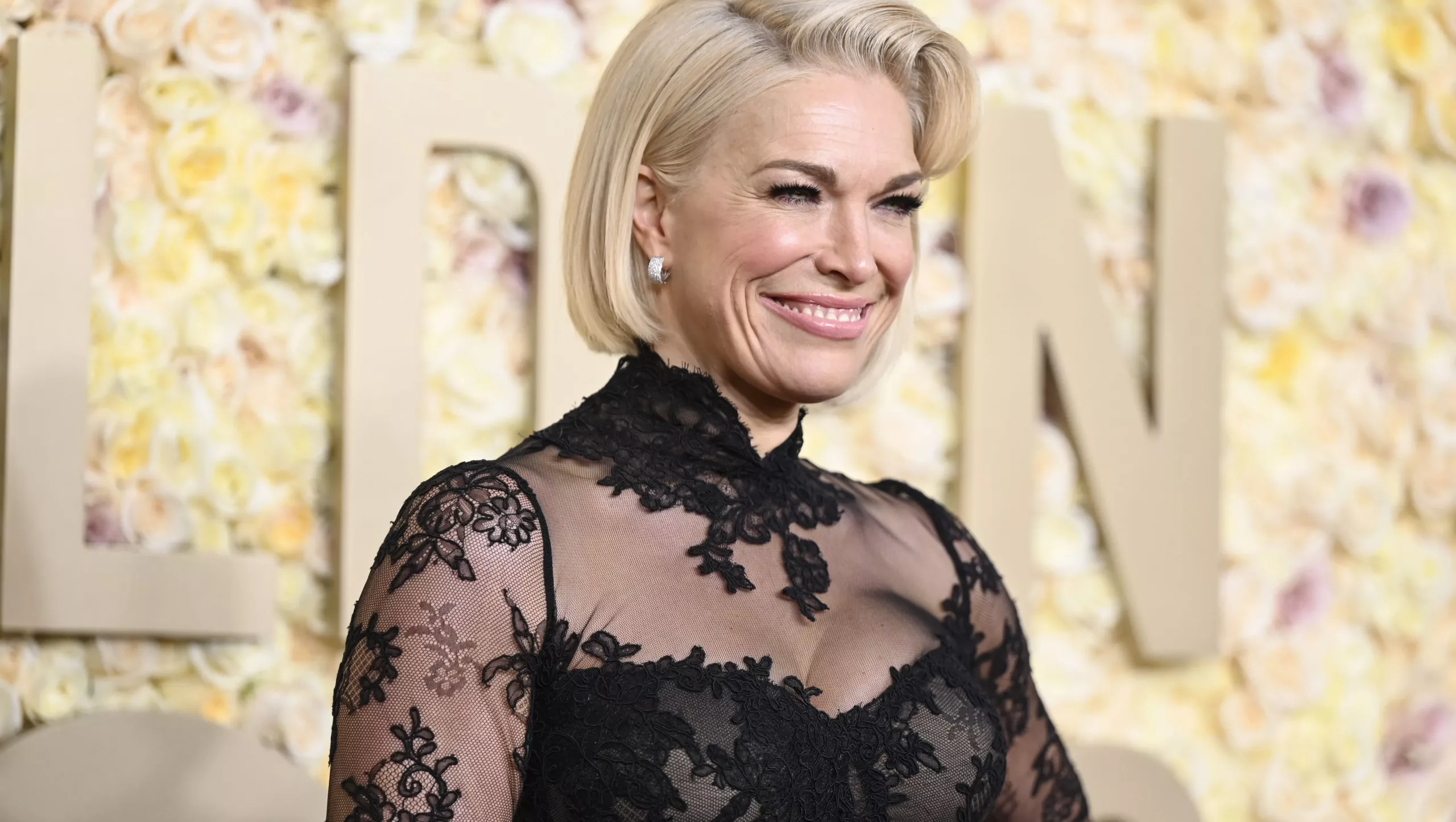Hannah Waddingham has opened up about the psychological toll of filming a particularly intense torture scene during her stint on Game of Thrones, revealing the “horrific” experience left her with chronic claustrophobia years later.
The Emmy-winning actress, who played the fanatical Septa Unella oppressing Cersei Lannister (Lena Headey) in the hit HBO series, detailed to Stephen Colbert the grueling production behind her controversial waterboarding scene with Headey’s character. A sequence originally meant to depict an even more disturbing sexual assault before being toned down amid backlash over previous controversial content.
“Thrones gave me something I wasn’t expecting from it, and that is chronic claustrophobia,” Waddingham told Colbert. “Because I had 10 hours…I mean I’ve talked about it since with David Benioff and Dan Weiss, the two exec producers on it. I was like, ‘Good job it’s for them, because it was horrific.’ 10 hours of being actually waterboarded. Like, actually waterboarded.”
Waddingham described being strapped to a table unable to move her head while taking the liquid torture for extensive takes in pursuit of authenticity on the cinematographic powerhouse series.
“I’m strapped to a table with all these leather straps, and I couldn’t lift up my head because they said that’s going to be too obvious that it’s loose,” she explained. “I was like, ‘Right, I’d quite like it to be loose.’ My hair’s already bleached to death. I had grape juice all in my hair so it went purple. I couldn’t speak because the Mountain had his hand over my mouth while I was screaming, and I had strap marks everywhere like I’d been attacked.”
Waddingham also revealed the waterboarding sequence was a last-minute re-write from an even more controversial original scenario depicting her character being sexually assaulted by Gregor “The Mountain” Clegane. A narrative beat Game of Thrones scrapped amid uproar over past depictions of rape like the infamous “Unbowed, Unbent, Unbroken” episode with Sansa Stark.
“I think they’d had so many complaints about the rape of Sansa [Stark] that they chose not to go with it,” said Waddingham. “Unbelievably, they changed it quite at the last minute.”
While appreciative towards Game of Thrones showrunners for altering the sequence, Waddingham says the residual effects of those taxing 10 waterboarding hours have persisted long after her time on the series wrapped.
“And the lift doors open, one of the other guys who’d been shooting something else was just like, ‘What has happened to you?'” she recalled. “I’d quite like it to be loose.”
Waddingham’s vulnerability in discussing her lingering claustrophobia adds another layer of context to Game of Thrones’ production controversies and the extreme demands sometimes placed upon actors in service of scandalous, provocative television. Her revelations make it clear that while the final memorable sequence was a masterclass in technical craftsmanship, the personal toll was equally extreme.
Now an Emmy winner for her role in Ted Lasso, Waddingham’s enduring success stands as a testament to her commitment to her craft – even when that dedication extracts a psychological price. Her Game of Thrones experience may have given her an unwanted condition, but it also showcased the actress’ ability to go to harrowing extremes for her art.
